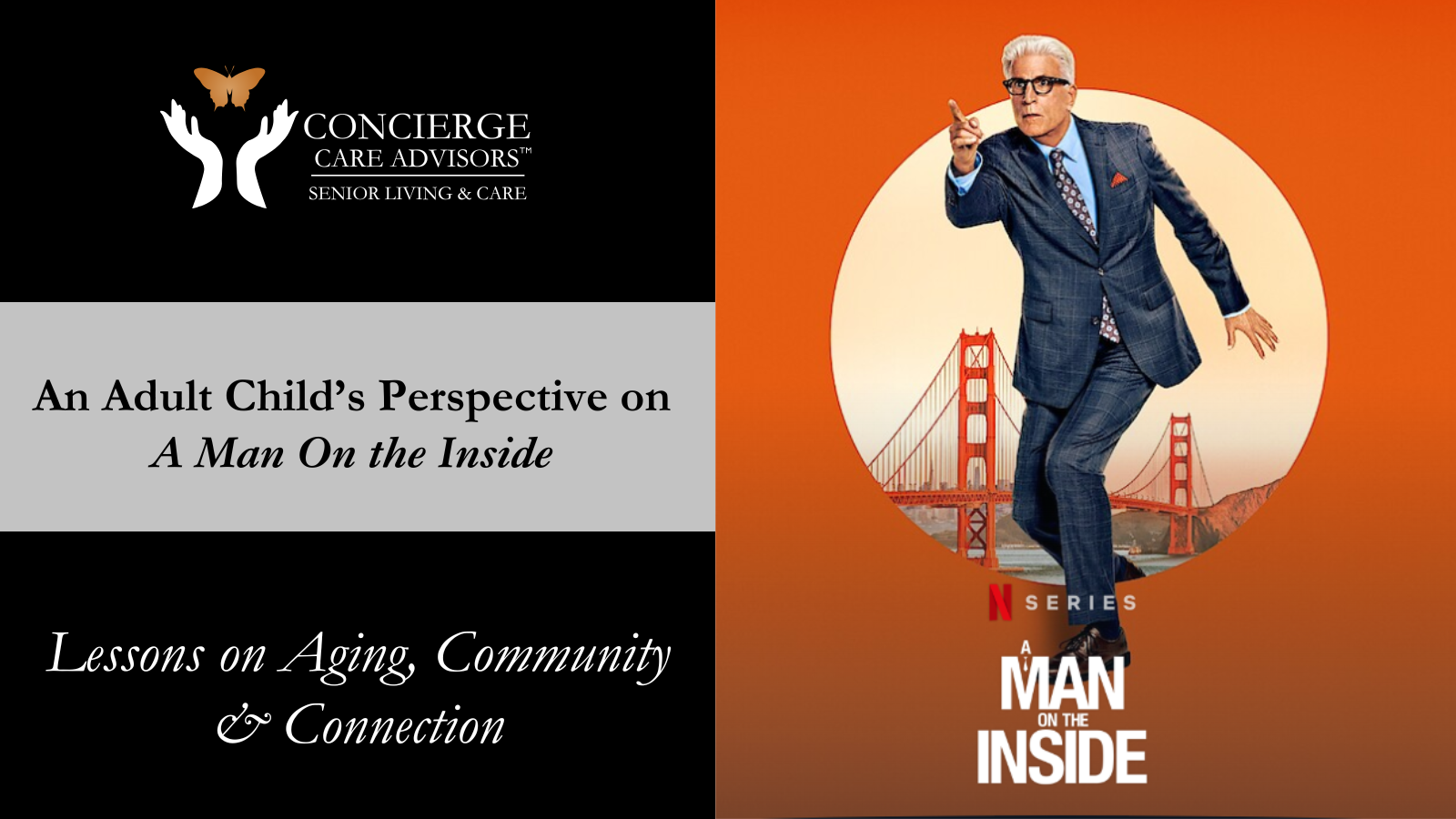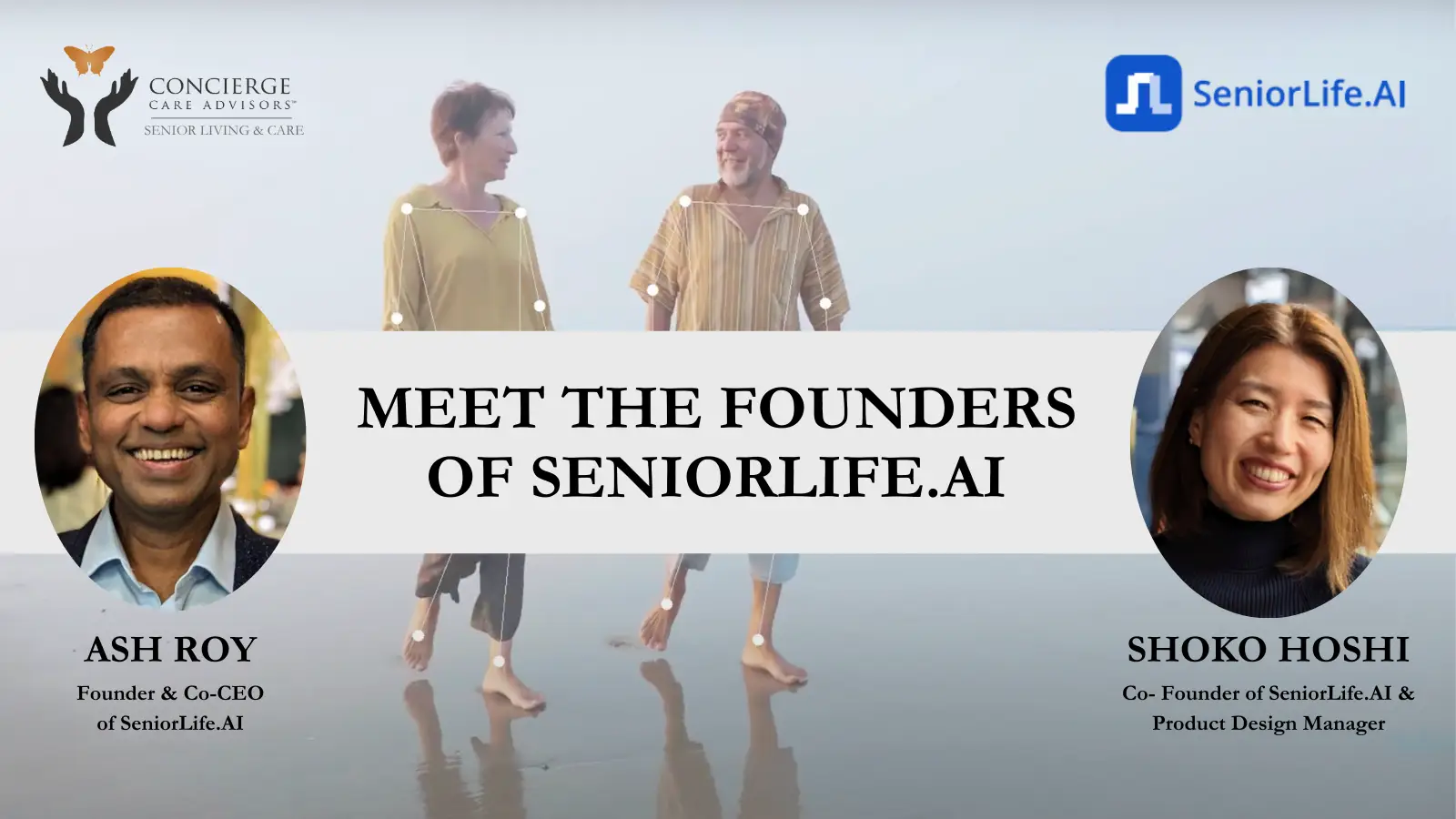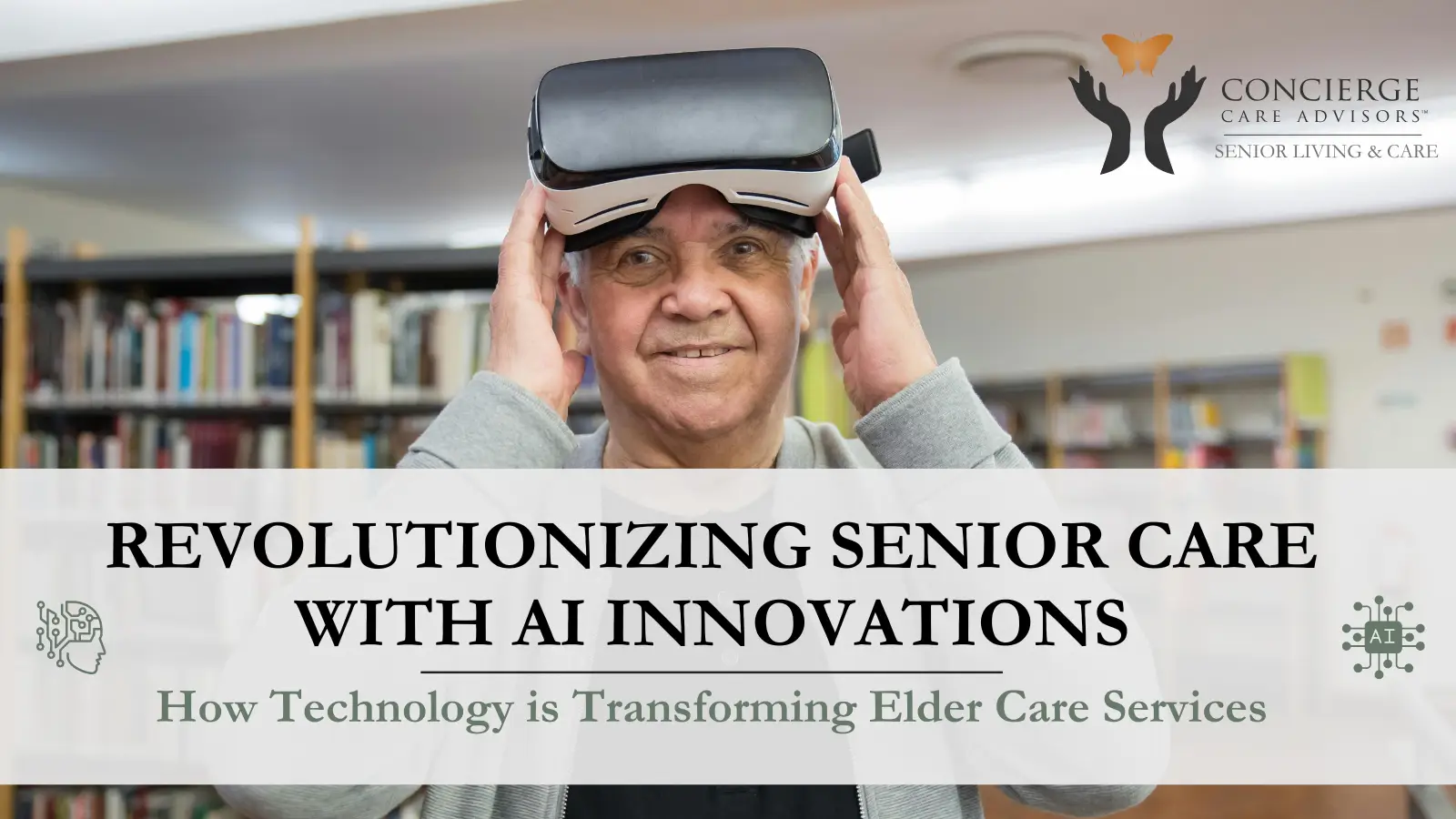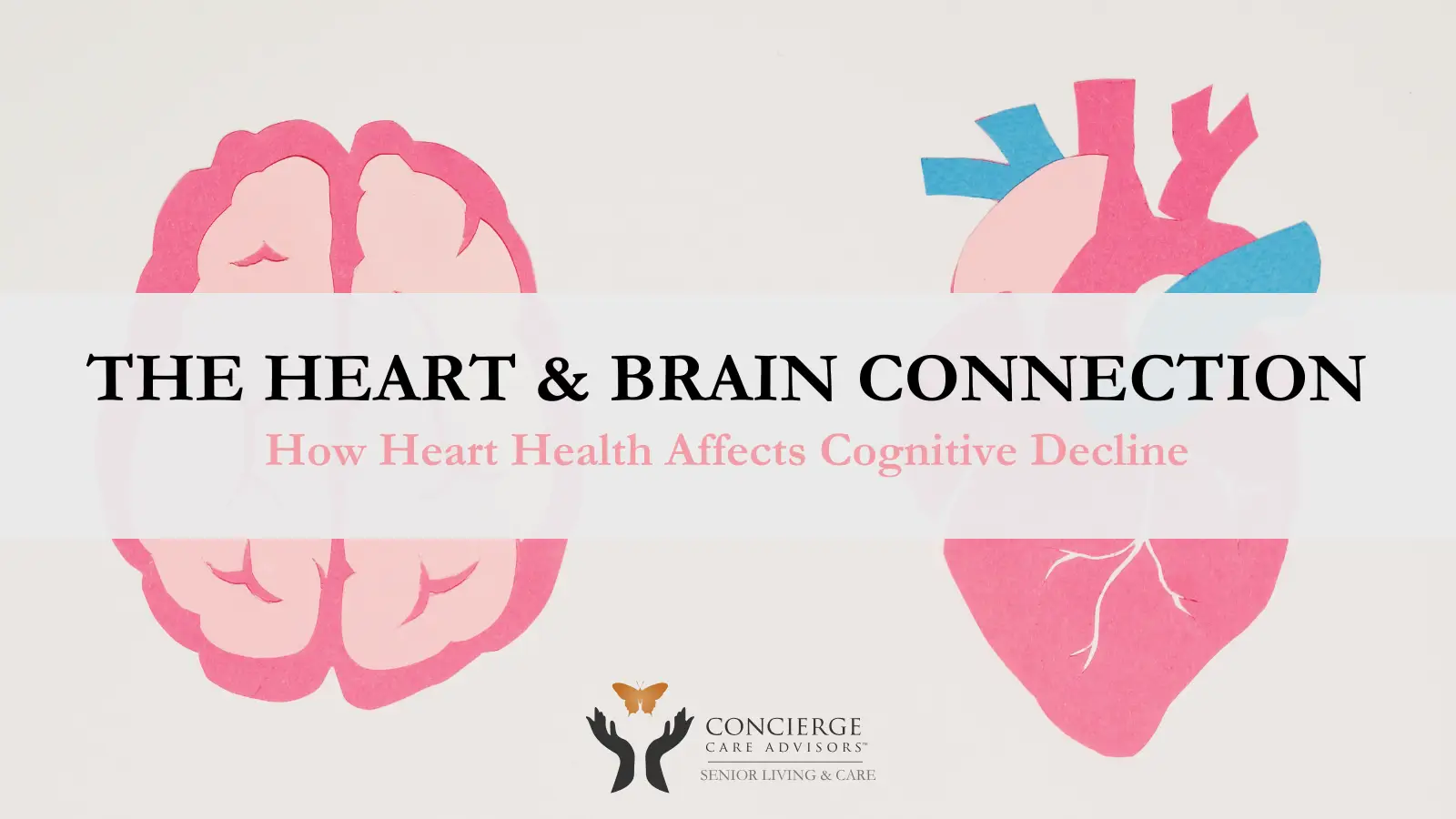By: Mary Cordova
Music Therapy: Unlocking Memories and Emotions
For families caring for a loved one with dementia, one of the most heartbreaking challenges is losing the ability to communicate. Dementia progresses gradually, but the emotional impact of realizing your loved one can no longer respond to words is devastating.
While verbal communication may fade, other forms of connection remain powerful—namely, music therapy for seniors with dementia. Music has been shown to engage the brain in unique ways, offering hope and comfort to both seniors and their caregivers.
Why Music Therapy Works for Dementia
Music is one of the few activities that engages the entire brain, making it particularly effective for seniors with dementia. Research and countless anecdotal stories demonstrate how music can stimulate memory, emotions, and even physical responses in ways other therapies cannot.
Key Benefits of Music Therapy for Dementia:
- Stimulates Memory: Music can help seniors recall past experiences, connecting them to their identity and history.
- Eases Anxiety and Agitation: For those experiencing sundowning or confusion, familiar melodies can have a calming effect.
- Improves Communication: In some cases, seniors who have lost the ability to speak may regain the ability to hum, sing, or tap along to a rhythm.
- Encourages Physical Movement: Tapping, clapping, or even dancing to music can improve dexterity and mobility.
Music Therapy in Action
Music therapy for seniors with dementia is not a new concept. For years, studies have explored the profound effect music has on the brain.
- Early Connection to Music: Babies can recognize music at just 16 weeks in utero, long before they understand language. Similarly, seniors with dementia often retain the ability to process music even when other cognitive functions decline.
- Reawakening the Brain: Many caregivers and professionals have witnessed seniors seemingly “come alive” when exposed to music. For some, it sparks conversations; for others, it provides comfort during episodes of confusion or frustration.
Real-Life Example:
One elderly woman, who had stopped communicating entirely, began playing a hymn on the piano after hearing it. She had not only remembered the song but also had the dexterity to find the keys and play along—a testament to the power of music therapy.
How to Use Music Therapy with Your Loved One
You don’t need formal training to use music to connect with your loved one. Here’s how you can get started:
- Choose Familiar Music: Select songs or genres that your loved one enjoyed in their younger years.
- Create a Playlist: Compile a set of songs that evoke positive memories or emotions.
- Incorporate Routine: Play music during daily activities like meals or before bedtime to establish comforting routines.
- Observe Reactions: Watch how your loved one responds. If they appear calmer or more engaged, you’re on the right track.
- Engage Actively: Sing along, clap, or encourage gentle movement to deepen the connection.
Continuing Care for Dementia with Music
Music therapy doesn’t just benefit seniors; it offers caregivers a way to connect and create meaningful moments with their loved ones. Whether it’s singing a favorite song together or playing familiar tunes during quiet moments, music can bridge the gap when words are no longer enough.
For professional care settings, many memory care communities integrate music therapy into their programs. These sessions are designed to soothe, stimulate, and engage seniors with dementia, helping them find joy and comfort in the present moment.
Connection Through Music
Music therapy for seniors with dementia offers an extraordinary way to reignite memories, reduce anxiety, and create meaningful moments of connection. Whether at home or in a professional care setting, incorporating music into daily life can significantly enhance your loved one’s quality of life.
At Concierge Care Advisors, we’re here to help families explore options for dementia care, including communities that offer innovative therapies like music therapy.
Contact us today to learn how we can support you and your loved one on this journey.






















